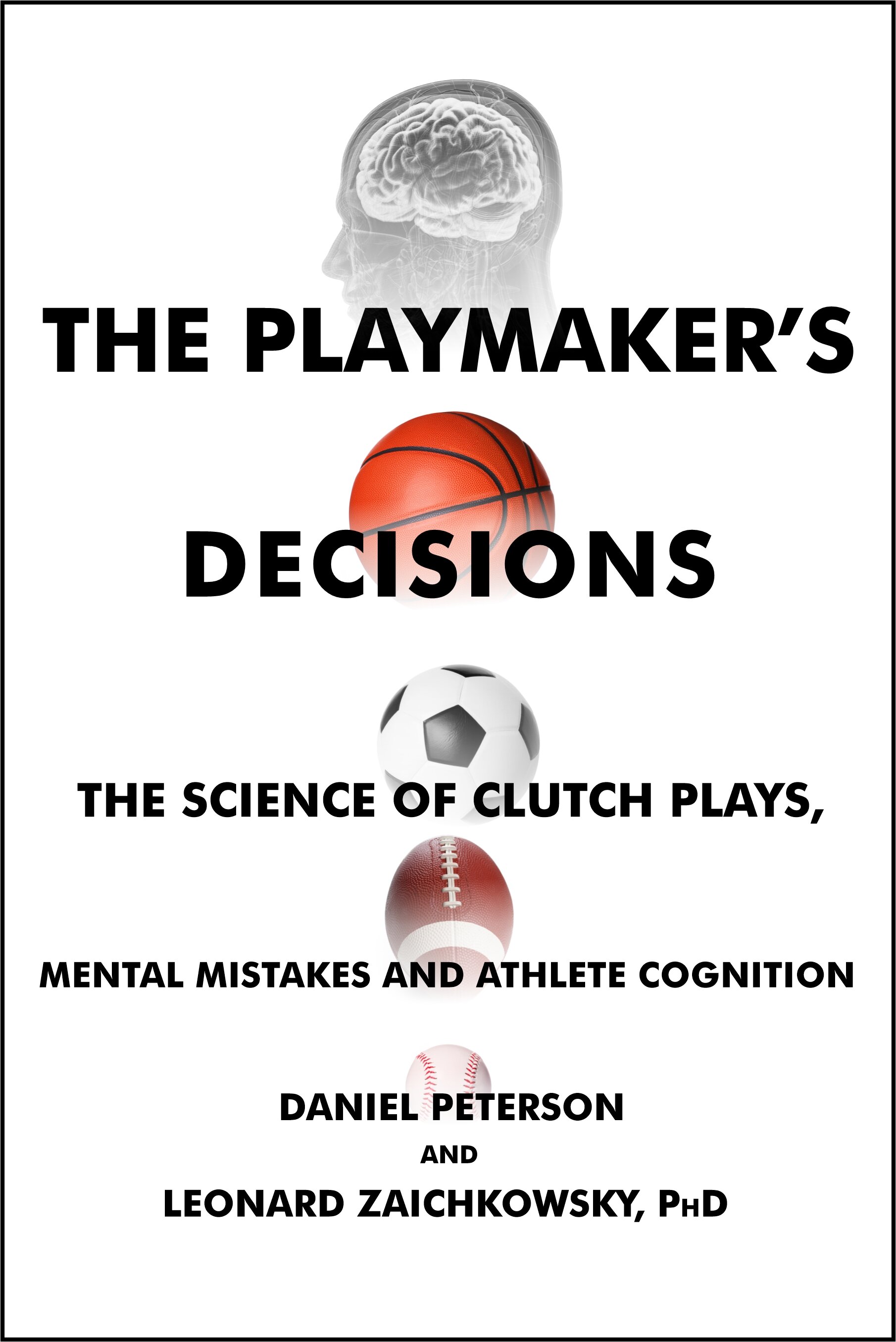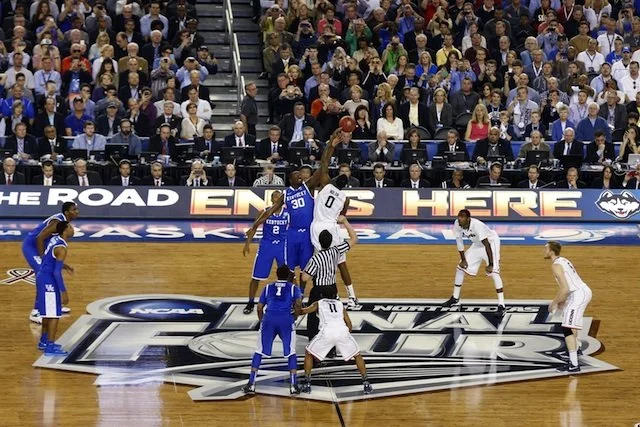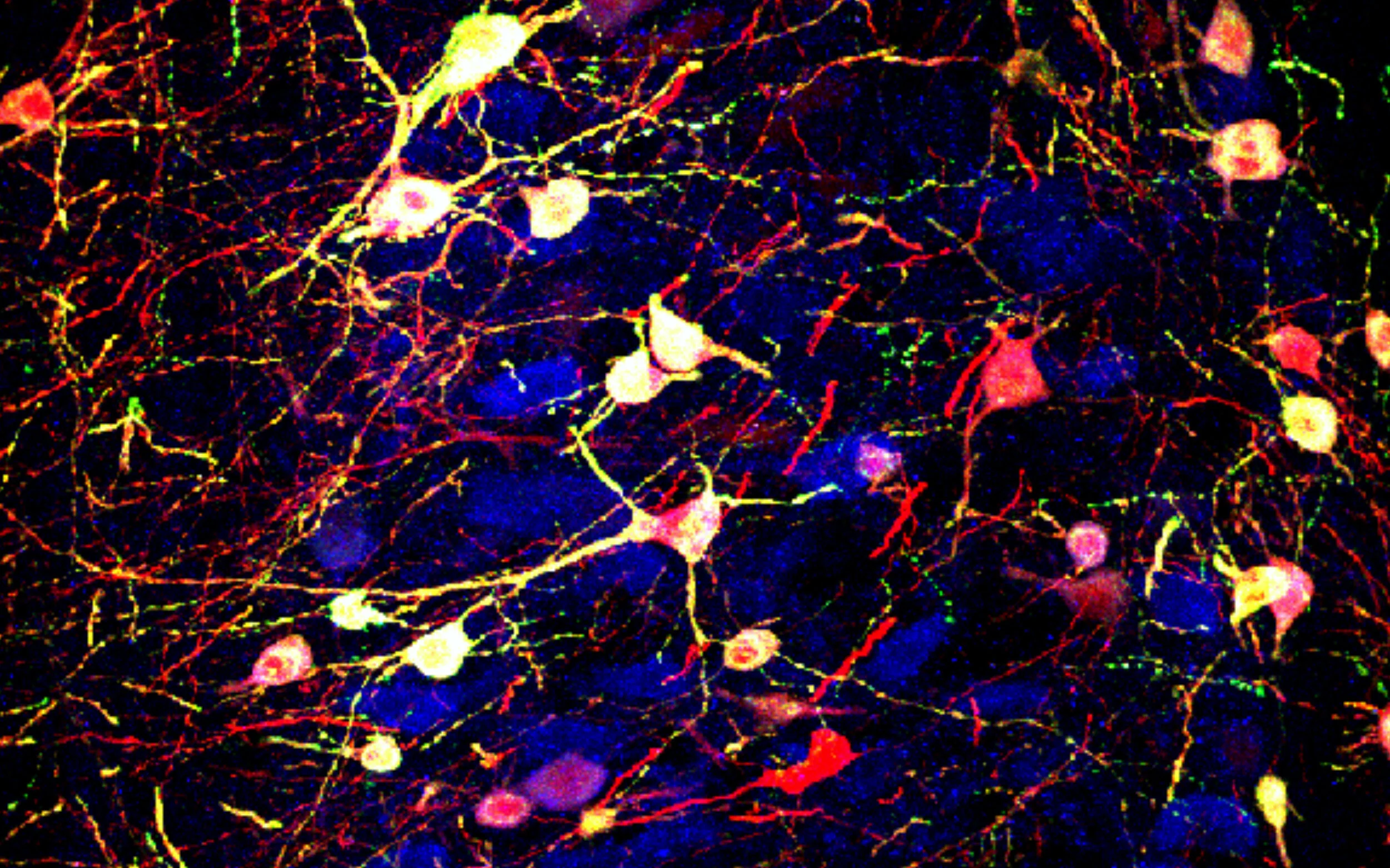Cherry Juice At The Marathon Finish Line
/
Congratulations, you actually made it to the finish line after 26.2 miles of agony. You are exhausted and need some kind of recovery drink to pick you back up. Reach for the Gatorade? Chocolate milk? Water? No, your best bet is a big glass of tart cherry juice!
Dr Glyn Howatson, exercise physiologist and Laboratory Director in the School of Psychology and Sports Sciences at Northumbria University, examined the properties of Montmorency cherries in a study that found that athletes who drank the juice recovered faster after Marathon running than a placebo controlled group.
In the investigation, 20 marathon runners drank either a tart cherry blend juice or a placebo drink twice a day for five days before taking part in the London Marathon and for two days afterwards.
The findings indicated that the group who drank the cherry juice recovered their strength more rapidly than the control group over the 48-hour period following the marathon. Inflammation was also reduced in the cherry juice group, as was oxidative stress, a potentially damaging response that can be caused by strenuous physical activity, particularly long distance endurance exercise.
The study, which was run in collaboration with PhD student Jess Hill of St Mary's University College, concluded that cherry juice appears to aid recovery following strenuous exercise by increasing total antioxidative capacity, reducing inflammation and oxidative stress, hence aiding in the recovery of muscle function.
Dr Howatson said: "Participating in long-distance endurance events, such as the London Marathon, causes a degree of muscle damage and inflammation for the runners. It takes several days to recover and during that period the runner's ability to conduct physical activity can be vastly inhibited.
"The phytochemicals, in particular, anthocyanins found in Montmorency cherries have anti-inflammatory and antioxidating properties, which the research has shown to be effective in helping exercisers to recover from strenuous physical activity."
Although it remains to be examined, Dr Howatson believes that the findings will not only benefit marathon runners but could also have serious implications in the treatment of people living with inflammatory diseases, such as arthritis.
He said: "If funding can be secured to embark on a further study, we can determine whether the use of tart cherry juice has implications for the management of some clinical pathologies that display high levels of inflammation and oxidative stress, such as rheumatoid arthritis and fibromyalgia.
"People are increasingly looking at natural remedies, or neutraceuticals, to treat their conditions, and scientific studies, such as the research into tart cherries, examine the potentially untapped treatments held in natural resources, that can provide adjunct therapy for the management of disease, which can help reduce negative symptoms and improve quality of life."
See also: Barefoot Is Better and Running Addicts Need Their Fix
Source: Northumbria University and Howatson et al. Influence of tart cherry juice on indices of recovery following marathon running. Scandinavian Journal of Medicine and Science in Sports, 2009; DOI: 10.1111/j.1600-0838.2009.01005.x
Dr Glyn Howatson, exercise physiologist and Laboratory Director in the School of Psychology and Sports Sciences at Northumbria University, examined the properties of Montmorency cherries in a study that found that athletes who drank the juice recovered faster after Marathon running than a placebo controlled group.
In the investigation, 20 marathon runners drank either a tart cherry blend juice or a placebo drink twice a day for five days before taking part in the London Marathon and for two days afterwards.
The findings indicated that the group who drank the cherry juice recovered their strength more rapidly than the control group over the 48-hour period following the marathon. Inflammation was also reduced in the cherry juice group, as was oxidative stress, a potentially damaging response that can be caused by strenuous physical activity, particularly long distance endurance exercise.
The study, which was run in collaboration with PhD student Jess Hill of St Mary's University College, concluded that cherry juice appears to aid recovery following strenuous exercise by increasing total antioxidative capacity, reducing inflammation and oxidative stress, hence aiding in the recovery of muscle function.
 |
| Dr Glyn Howatson(Credit: Image courtesy of Northumbria University) |
"The phytochemicals, in particular, anthocyanins found in Montmorency cherries have anti-inflammatory and antioxidating properties, which the research has shown to be effective in helping exercisers to recover from strenuous physical activity."
Although it remains to be examined, Dr Howatson believes that the findings will not only benefit marathon runners but could also have serious implications in the treatment of people living with inflammatory diseases, such as arthritis.
He said: "If funding can be secured to embark on a further study, we can determine whether the use of tart cherry juice has implications for the management of some clinical pathologies that display high levels of inflammation and oxidative stress, such as rheumatoid arthritis and fibromyalgia.
"People are increasingly looking at natural remedies, or neutraceuticals, to treat their conditions, and scientific studies, such as the research into tart cherries, examine the potentially untapped treatments held in natural resources, that can provide adjunct therapy for the management of disease, which can help reduce negative symptoms and improve quality of life."
See also: Barefoot Is Better and Running Addicts Need Their Fix
Source: Northumbria University and Howatson et al. Influence of tart cherry juice on indices of recovery following marathon running. Scandinavian Journal of Medicine and Science in Sports, 2009; DOI: 10.1111/j.1600-0838.2009.01005.x












